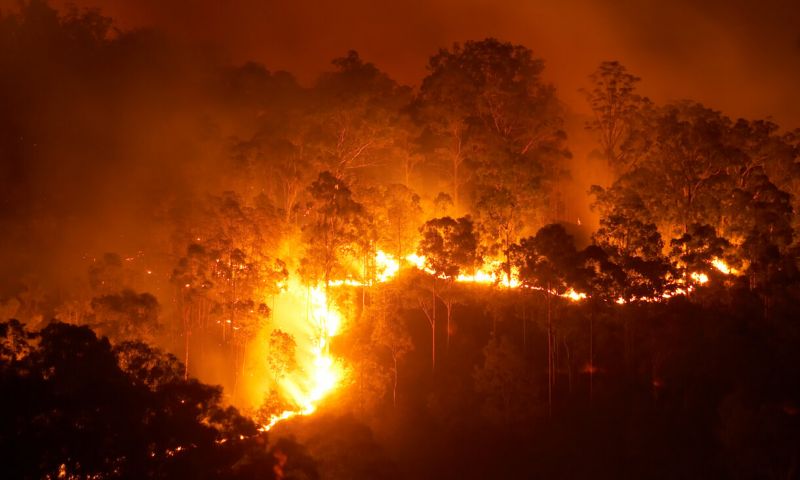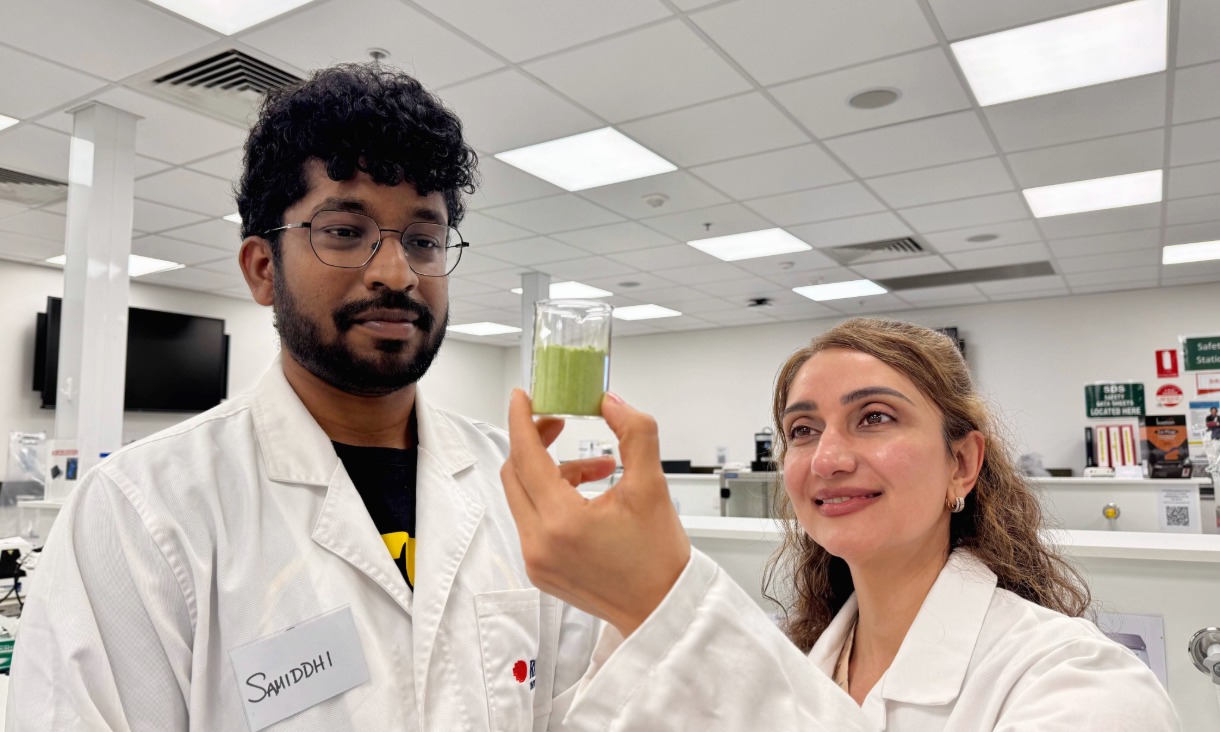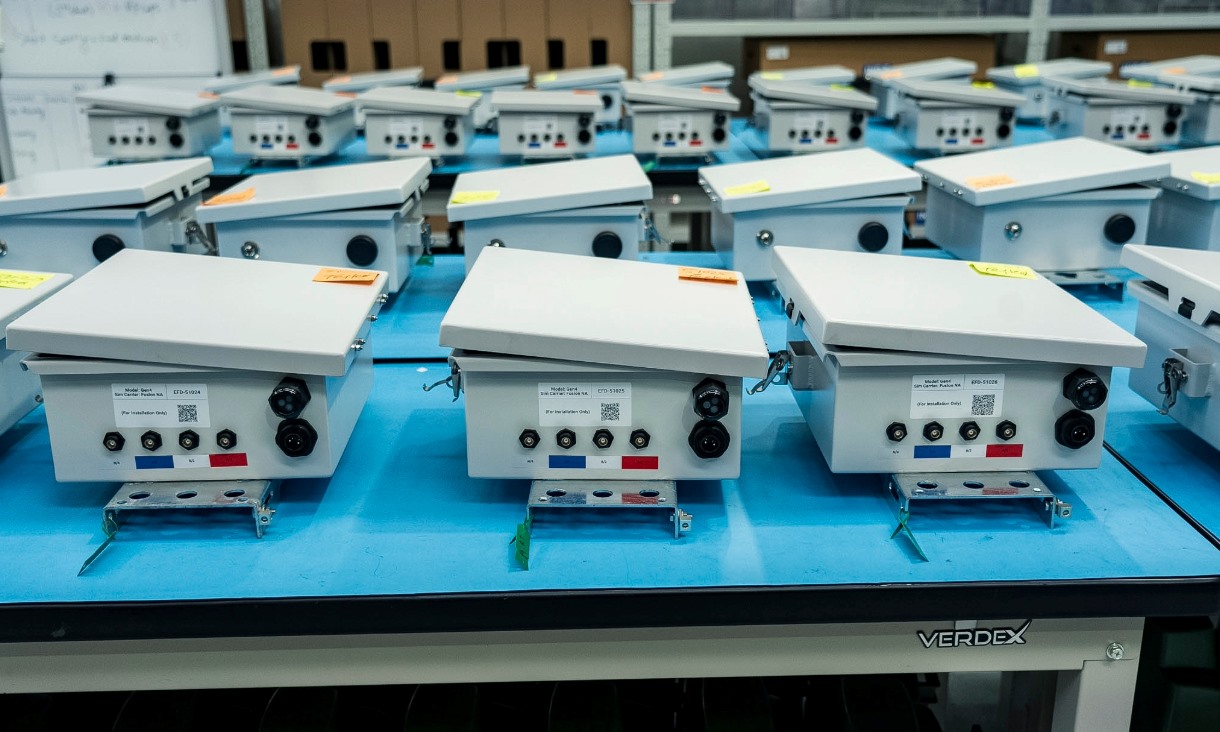Community education
Dr Anthony Richardson (0468 672 996 or anthony.richardson@rmit.edu.au)
Topics: resilience, complex systems, energy and complexity, systems collapse, limits to growth
“Chapter 10 of the Commission’s Report calls for community education around disaster risk and preparation, which is a welcome suggestion.
“However, the focus of such education programs must include a realistic understanding of what ‘resilience’ in such a context means.
”Too often the common understanding of resilience involves a mental image of an environment or community bouncing back.
“Our vulnerability is rising, and not every aspect of the Australian environment or lifestyle can ‘bounce back’.
“Given the changing risk profile, managing stakeholder expectations, including those of the general public, will be a crucial element in the process of community education.
“A more realistic understanding of resilience will not be welcomed by all – we only have to consider houses built in flood zones along the Brisbane River, or in zones of high bushfire vulnerability.
“Yet, as the Report clearly states: ‘In some disasters, it is impossible to protect everyone’ (p.30). Promoting this more realistic understanding of resilience is where community education will be crucial.”
Essential services
“Chapter 11 of the Report focuses on essential services, and usefully acknowledges the importance of energy to the complex systems that make the Australian lifestyle possible.
“However, while there is a welcome focus on the global scale in terms of our national supply chains, there still needs to be a clear and central focus on liquid fuel insecurity in this country.
“Liquid fuels, including petrol and diesel, make possible all the other systems discussed in the report. We are rapidly approaching 100% reliance on imported fuel; a trend only accelerated by the recent announcement by BP that another refinery will close, leaving Australia with three refineries that are themselves at risk.
“It was disruptions to the fuel supply within Gippsland that led to food and fuel shortages, and stranded thousands of holiday makers in a bushfire zone with empty tanks. This was serious enough at a regional level, but a fuel supply chain disruption at the national level, would have catastrophic consequences.
“The recent federal government announcement that Australia will finally institute a meaningful liquid fuel reserve on Australian territory, where it would be of some use in a crisis, is another welcome development.
“Australia is increasingly reliant on uninterrupted supplies of imported liquid fuel. It’s long past the time we recognise this vulnerability as the crucial element in the maintenance of all the complex systems that make life in Australia possible.”
Anthongy Richardson is an urban resilience expert and researcher in the Sustainable Planning Program at RMIT University. His research involves the intersection between energy, socio-technological complexity, urban resilience and social change.
***
For media enquiries, please contact RMIT Communications: 0439 704 077 or news@rmit.edu.au








